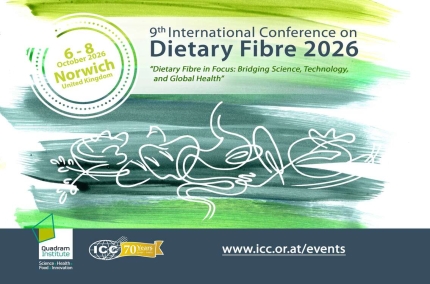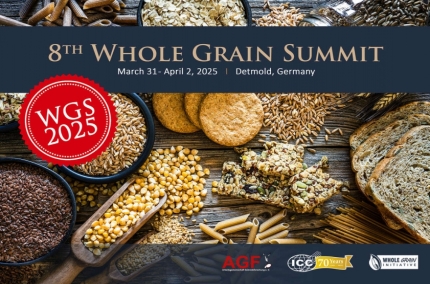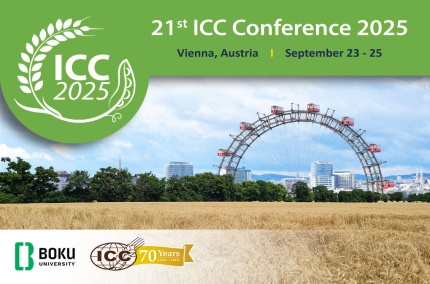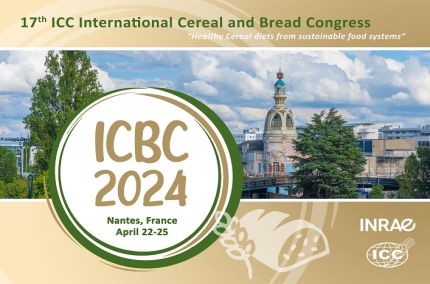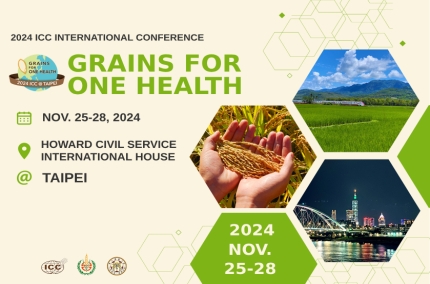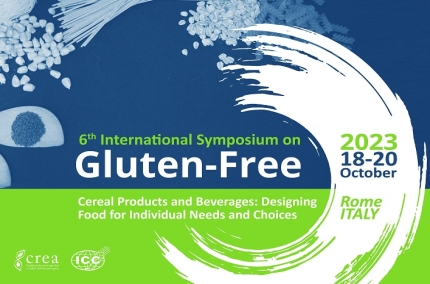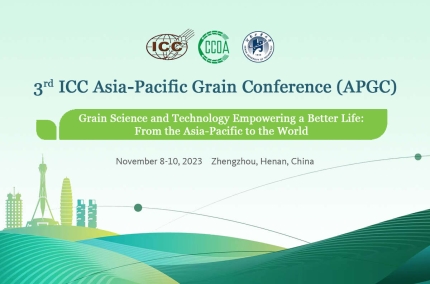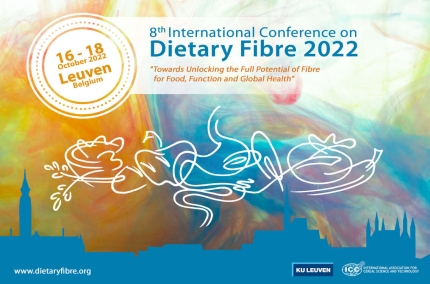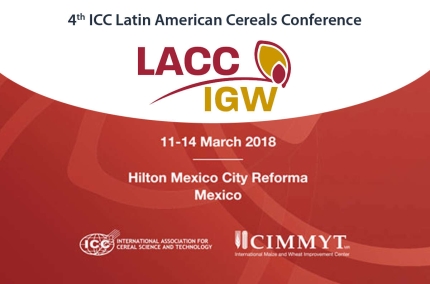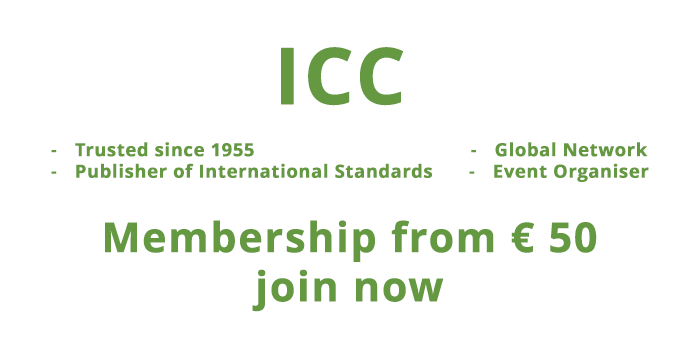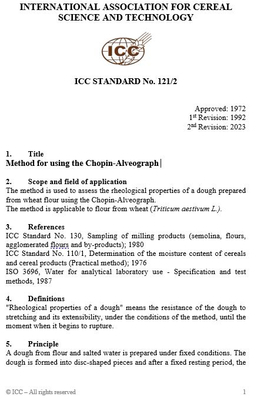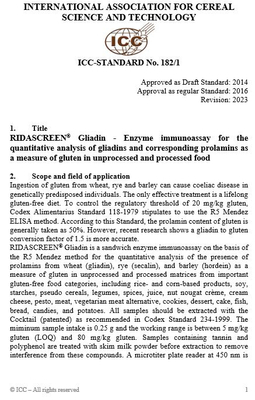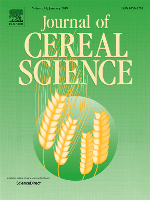The Best Dietary Change According to Experts? Switching to Whole Grains
Vienna, 18.12.2017. New data on the links between diet and health show that replacing refined grains with whole grains globally could reduce the burden of chronic disease more than any other change – including better-known approaches such as reducing sodium, eliminating trans fats or even cutting sugar-sweetened beverages.
This eye-opening data from the Institute for Health Metrics and Evaluation was revealed during the keynote address at the recent Whole Grain Summit in Vienna. In response to the urgent public health challenge documented by experts speaking at this event, more than 200 scientists from 36 countries participating in the Whole Grain Summit worked to craft a two-year global action plan to increase whole grain consumption.
“Worldwide, cereals provide nearly 50% of energy intake,” said Prof Dr Fred Brouns, Scientific Chair of the Whole Grain Summit. “Yet the vast majority of these foods are composed of refined grains and flours. Research shows that health benefits from whole grains are associated with replacing as little as two servings of refined grain/flour foods with whole grain foods.” More than two decades of studies indicate that consuming whole grain foods, instead of refined grains and foods made from white flour, is directly related to a lower mortality risk and reduced risk of developing type 2 diabetes, cardiovascular diseases and obesity, and bowel cancer.
Academics, non-profit organizations, government policymakers, and industry, working together at the Whole Grain Summit, contributed a dynamic breadth and depth of knowledge to the task of creating a Whole Grain Declaration and long-term action plan. Key goals and action points will aim to:
- Reach a consensus on a global whole grain definition, to support clear product labelling that will help consumers distinguish whole grain products from those with misleading claims.
- Establish a quantitative, science-based whole grain intake recommendation and document the health and economic benefits that would result from adopting this recommendation. Use this information to motivate governments and international food authorities to incorporate whole grains into dietary guidelines and actively promote their consumption.
- Document the carbon footprint of whole grains, compared with other dietary choices, in the context of growing world populations and climate change.
- Form strong public-private partnerships to develop campaigns to encourage whole grain consumption and to increase the variety, availability and desirability of whole grain foods for the public.
Six international working groups have already been established to carry out the goals agreed in Vienna. Over the next two years, participants in these groups will work intensively under the name of the “Whole Grain Initiative”, and will interact with the WHO (World Health Organization), FAO (Food and Agriculture Organization of the United Nations), EFSA (European Food Safety Agency) and other consortia and food authorities as part of the action plan.
The Whole Grain Summit 2017 was organised by ICC (International Association for Cereal Science and Technology) in cooperation with the Healthgrain Forum and the University of Minnesota. Ongoing work of the Whole Grain Initiative will also be organised by the same three partners.
Note for the PRESS:
For more information contact:
Michaela Pichler
Secretary General | CEO
ICC – International Association for Cereal Science and Technology
+ 431 7077 202 0
https://www.icc.or.at
https://healthgrain.org
https://fscn.cfans.umn.edu








